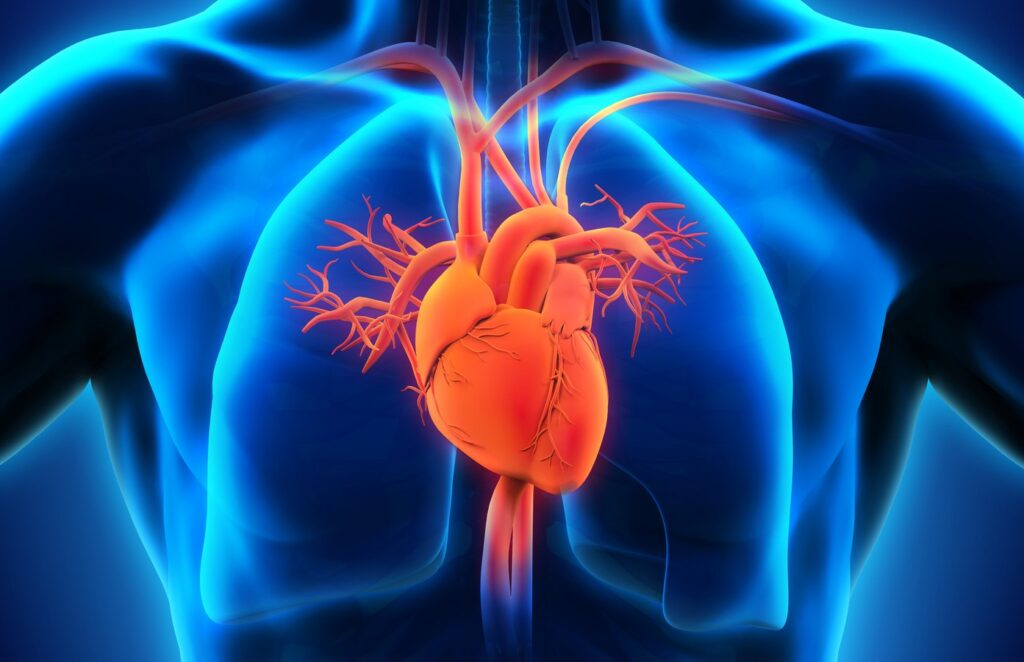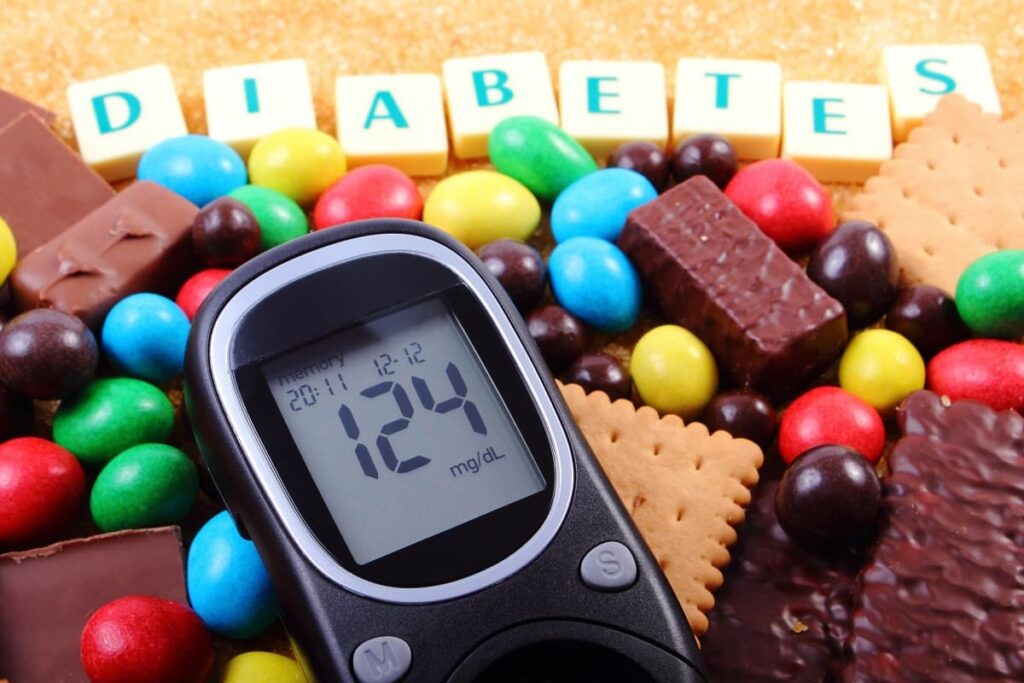There is scientific proof that eating plenty of fruits and vegetables can lower your risk of disease and boost your immune system. Natural ways to improve immunity is a topic that is covered in great detail by many healthcare websites, including this blog post by Miskawaan Health and it will come as no surprise that diet plays a big role in the pursuit of a strong immune system. But maybe you don’t always have time to eat vegetables with every meal or every day. On days like these, a product like Balance of Nature is a fast alternate way to getting enough fruits and vegetable servings each day. What is it that makes them so healthy? The science behind fruits and vegetables says it all!
Reducing the Risk of Disease

Fruits and vegetables have hundreds of unique compounds called phytonutrients that you don’t get in meat or dairy foods. They are antioxidants that protect body cells from damage, provide healthy aging as well as normal hormonal function and most importantly, prevents diseases. Beautiful colors in the produce we should be having on our plate everyday are the consequence of exactly phytonutrient compounds! These phytonutrients can protect your body from getting diseases such as:
- Heart disease
- Stroke
- Various types of cancer
- High blood pressure
- Type 2 diabetes
- Eye disease
- Gastrointestinal issues
Heart Disease

A meta-analysis of studies that included more than 465,000 participants found that eating fruits and vegetables reduced the risk of death from cardiovascular disease by 4% for each additional serving a day.
Other studies found that those that ate five servings of fruit and vegetables per day had a 30% lower risk of heart disease and stroke than those that ate less than three servings per day.
The best vegetables for heart benefits include leafy greens like Swiss chard, greens, and spinach. Cruciferous vegetables like broccoli, cabbage, cauliflower, bok choy, and kale also had a strong protective effect on heart health.
Cancer

The Nurses’ Health Study followed over 182,000 women for 30 years found that women who had more than 5.5 servings of vegetables and fruits per day had an 11% lower risk of breast cancer than those who ate 2.5 servings or fewer.
Studies also found that women with the highest fiber intake reduced their breast cancer risk by 12%. The best foods were cruciferous and yellow and orange vegetables and lettuce, leafy greens, broccoli, cabbage, onions, and garlic.
Tomatoes can help reduce the risk of prostate cancer in men because of the lycopene in them. Lycopene is a type of carotenoid that can protect against mouth, throat, and lung cancer.
High Blood Pressure

Researchers found that those with hypertension who ate a diet high in fruits and vegetables and lowered their saturated fat consumption reduced their upper number (systolic) by 11 mm Hg. Their lower number (diastolic) by 6 mm Hg. That’s almost as good as medications can achieve.
Green leafy vegetables are high in nitrates, and that’s why they are helpful for reducing and managing high blood pressure. For people with hypertension, it is essential to eat at least one or two portions of both fruits and veggies, every day. Any alternate source of the same nutrients can work as well. Sometimes, the most helpful things are the simplest!
Not only lettuce, spinach, kale can help regulate your blood pressure. Fruits such as pomegranate can lower blood pressure in the short term. Considering all this, you should incorporate healthy ingredients into your daily diet, and your cardiovascular system will be thankful.
Type 2 Diabetes

Several studies found that whole fruits like blueberries, grapes, and apples can lower type 2 diabetes risk. Additional studies found that leafy greens along with fruit also reduced the risk of type 2 diabetes. These studies did find that fruit juice increased the risk. That’s why you should avoid drinking juices, and instead eat fresh produce or anything else that has the precious nutrients needed for maintaining your health levels.
Fighting of bad cholesterol can decrease the risk of getting diabetes in the long run all thanks to the antioxidants, vitamin C and other compounds that can help regulating the blood sugar levels and increasing insulin secretion.
Low glycemic index, vitamins and minerals, along with fibres and other nutrients can help maintaining your bodily functions normal, and your overall health excellent.
Eye Disease and Vision

Vision loss issues are one of the most common problems people experience nowadays, no matter if it’s inherited or thanks to modern technologies, everyday eye fatigue and stress. Having a healthy pair of eyes especially in older age can be considered as a blessing, but if you pay attention to your eyes and what they need, the first thing you should do is to take care of your diet.
Carrots and other colorful fruits and vegetables can reduce your risk of eye disease. This is because of the carotenoids – Lutein and zeaxanthin – that can keep your eyes healthy and reduce the chances of getting cataracts and macular degeneration as you get older.
Except for carrots, dark green veggies like spinach provide our eyes with important antioxidants that are being stored in our macula, which is the part of the eye that helps protecting the eye from light damage. Lutein also helps the eye with filtration of the blue light, which is, as we all know, one of the most dangerous causes of multiple health problems.
Digestive Issues

The healthy fiber in fruits and vegetables can help with gastrointestinal issues like bloarhing, cramping, gas, diverticulitis, constipation, hemorrhoids, IBS, and other health issues. The fiber absorbs water as it passes through the intestines and expands, leading to healthy bowel movements.
Gut health is essential for our body defense system, as it saves us from allergies, viruses, colds and much serious diseases. Fibres are being produced by vegetables, and can’t be digested. That is exactly our biggest benefit from them, since bacteria in our gut feed with fibres. By being able to feed with fibres that our bodies can’t digest, they are providing us with different vitamins and nutrients our body needs while also protecting us from various pathogens.
Even a healthy person can suffer from digestive problems if not taking enough of fiber-rich and probiotic-rich nutrients on a daily basis. Think of this next time you feel bloated!
Living fast and being healthy are completely opposites so we should pay more attention to giving our body what it needs. Science has developed, so we don’t have to spend much time finding out what that is. Connect with nature and try to use everything nature has given to us, and you won’t have to worry about your health!









